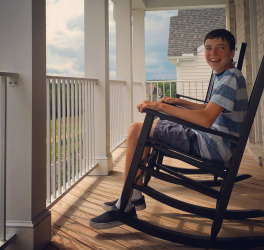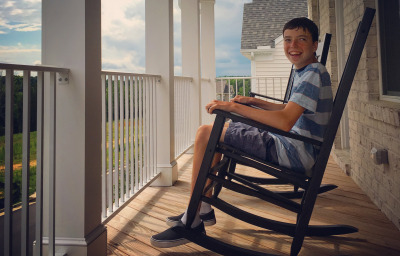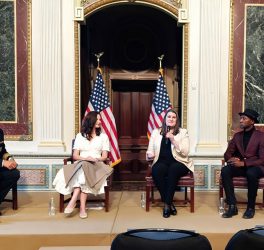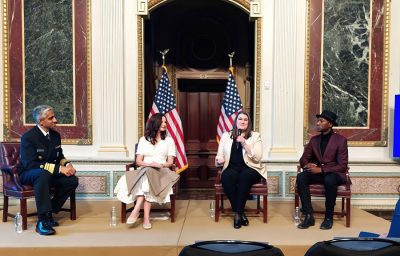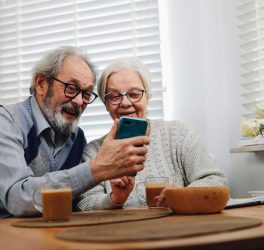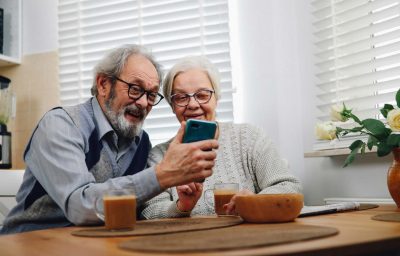
Persons with disabilities could face increased risk of COVID-19 related death compared to non-disabled people, according to preliminary research.
The study, which is not yet peer-reviewed, was conducted by a team from the London School of Hygiene & Tropical Medicine (LSHTM) and the Office for National Statistics (ONS), who examined the link between self-reported disability and deaths involving COVID-19.
They found that of the 105,213 deaths involving COVID-19 that occurred in England between 24 January 2020 and 28 February 2021, 58% were disabled people.
The team used data from the ONS Public Health Data Asset of over 29 million adults aged 30-100 years old. In this data set, 17% were disabled, including 7% who self-reported as ‘more-disabled’ and 10% ‘less-disabled’.
After adjusting for age, the study found that rate of death involving COVID-19 was higher among both more-disabled and less-disabled people.
More-disabled people were around more than three times likely to die from COVID-19 related causes than non-disabled people, with mortality rates in this group on average 3.05 times higher in men, and 3.48 times higher in women. For less-disabled people, the risk was almost twice as high than non-disabled people, with mortality rates on average 1.88 times higher in men, and 2.03 times higher in women.
Compared to non-disabled people, the relative risk of death was substantially higher for younger than older disabled people. Among those aged 30-69, the risk was 8.47 times greater for more-disabled women, and 5.42 times greater for more-disabled men compared with their non-disabled counterparts.
The increased risk of COVID-19 mortality for both younger and older disabled people was partly explained by differences in living circumstances, measures of disadvantage, and pre-existing health conditions. These findings suggest that a combination of these factors contributed towards the increased risk in disabled people.
Professor Hannah Kuper, Director of the International Centre for Evidence in Disability (ICED) at LSHTM, said: “Over the last year we found that disabled people were substantially more likely to die from COVID-19. These tragic figures demonstrate the urgent need to put disabled people front and centre of the response to the pandemic, and support for themselves and their families must be prioritised.”
The researchers acknowledge the limitations of this study, including the use of self-reported measures of disability from the 2011 census, which did not allow the disaggregation of this data by type of disability.



